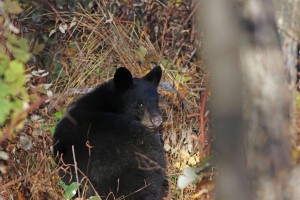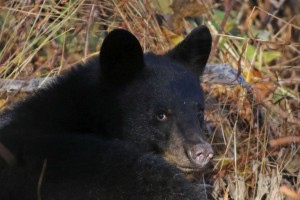Today in class we talked about gendered nature in the context of Hemingway’s, “The Short Happy Life of Francis Macomber” and how it applies to social perceptions of hunting and masculinity. Shortly following class I watched a quick episode of That 70’s Show, which is, for those unfamiliar, a show from the early 2000s about a group of friends in the 1970s. It specifically focuses on the Forman family, comprised of lead role Eric, his veteran father Red, and his nurse mother Kitty.
In this particular episode, the “men” of the show go deer hunting. Eric’s girlfriend, who is often depicted as more “masculine” or “tough” than Eric, wants to go, but is told to stay behind with the women. Naturally, the women are shown gossiping and playing with each others hair (and as the afternoon rolls on, playing cards and drinking wine). Also naturally, the men are engaged in a struggle for top dog in their adventure to the woods. Perhaps the central scene of the episode revolves around Eric and Red perched on a platform scouting for deer. When Red spots a buck, he “gives the kill” so to speak, to Eric. Eric misses, and Red spends a good amount of time chastising him for his inadequacy as a man, citing his own military success as an indicator of masculine dominance over his son. Eric is often criticized on the show for being delicate or weak, and in this case, it was by his father for not being manly enough to have the hunting skills to kill a deer.
A while after the missed shot, Eric points to a soda can far away and shoots it cleanly, much to Red’s surprise. Eric explains that he hadn’t missed the deer, he simply hadn’t wanted to kill it. He demonstrates his appreciation for nature as the reason for not killing a living being. This is interesting because in this instance, he needs to justify his manhood by citing a personal connection to something that defies traditional masculinity.


